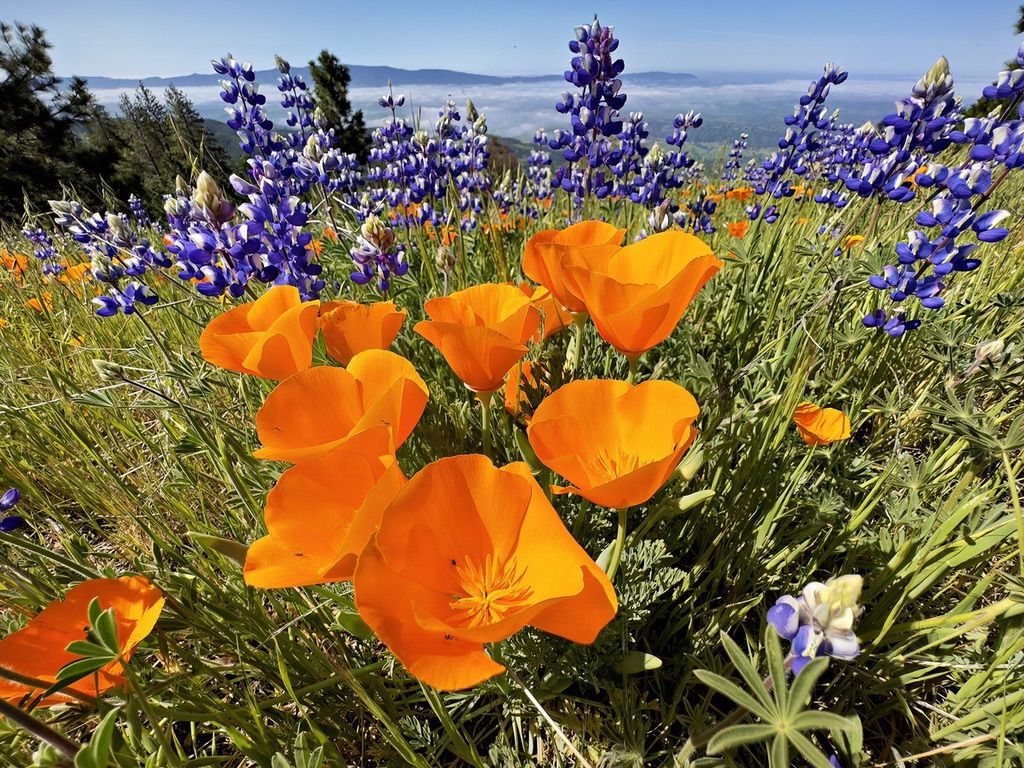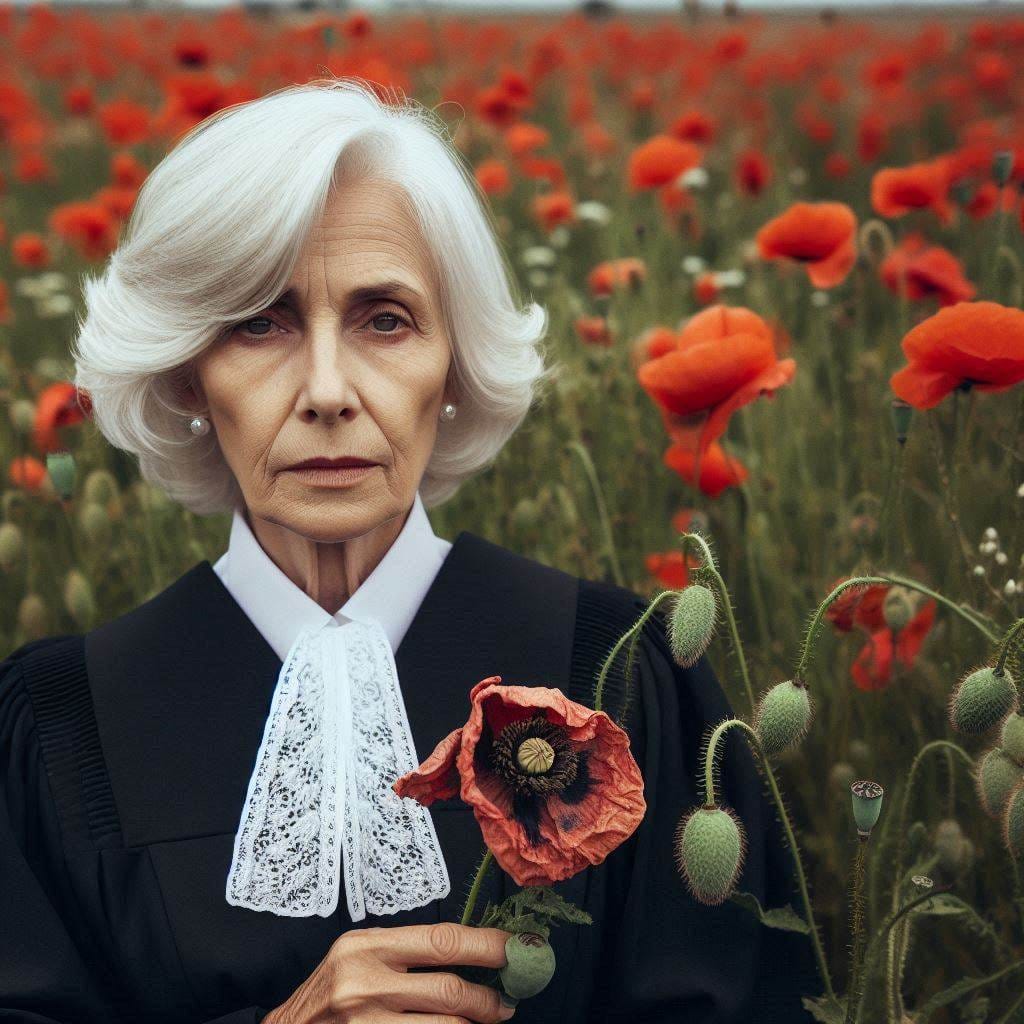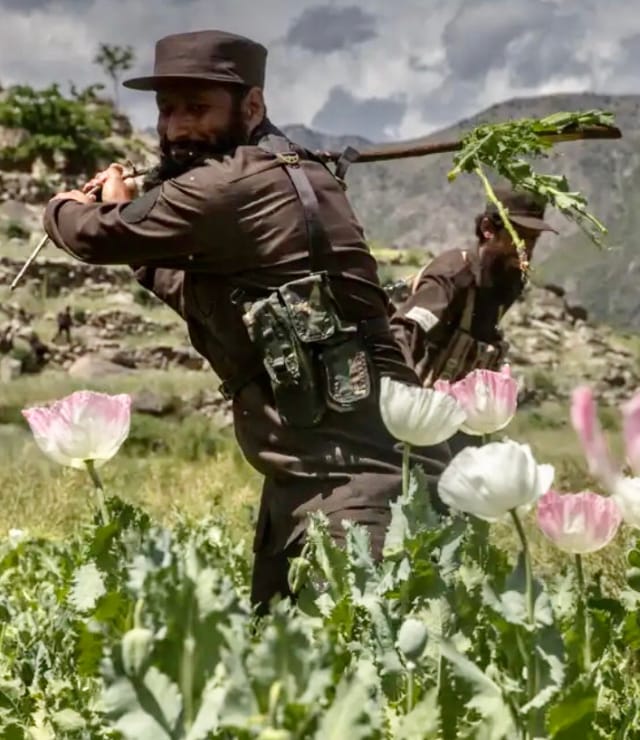The Lion King and the Tall Poppy Syndrome

Freedom is a fragile thing, and it’s never more than one generation away from extinction. It is not ours by way of inheritance; it must be fought for and defended constantly by each generation, for it comes only once to a people.
- Ronald Reagan
Pride Lands is the name given to the fictional African savanna where the story takes place, and it serves as the homeland of the lion pride led by Mufasa and later by Simba. As the kings of the Pride Lands, Mufasa and Simba represent the pride of lions who rule over this majestic territory.
The Pride Lands symbolize power, authority, and the natural order of the animal kingdom. As the ruling family, Mufasa's pride, literally and figuratively, maintains balance and harmony within its territory, ensuring the well-being of all its inhabitants (good pride not bad pride - hubris).
Circle of Life illustrates the continuous cycle of existence, where each stage is interconnected and essential for the overall balance of the ecosystem. This cyclical nature underscores the impermanence of life and the inevitability of change. Mufasa imparts wisdom to Simba about embracing his role as king and upholding the principles of leadership and stewardship. Similarly, Simba learns to honor the legacy of his father and ancestors by accepting his destiny and fulfilling his duties as king.
Simba, the protagonist of the story, is a young lion cub who is destined to become the king of the Pride Lands. He starts as a playful and adventurous cub but faces adversity when his Uncle Scar manipulates him into believing he is responsible for his father's death.
Mufasa is Simba's father and the king of the Pride Lands at the story's beginning. Mufasa is a wise and noble ruler who teaches his son about the circle of life and the importance of responsibility. His pride maintains balance and harmony within the territory.
Scar, Mufasa's younger brother and Simba's uncle, is the story's main antagonist. Envious (familial) of his brother's position as king and now Simba as well, Scar schemes to take the throne for himself. Scar's lust for power ultimately leads to his downfall.
Storyline
The story begins with the birth of Simba, the son of Mufasa, the king of the Pride Lands, and Sarabi, his queen. Simba's uncle, Scar, harbors resentment towards Mufasa and Simba for being pushed further down the line for the throne.
Scar conspires with a pack of hyenas to murder Mufasa and Simba, allowing him to seize power. While Mufasa dies (TPS) trying to save Simba from a wildebeest stampede instigated by Scar, Simba survives and is led to believe by Scar that he is responsible for his father's death. Scar convinces Simba to flee the Pride Lands and never return, allowing Scar to rule unchallenged.
Lost and alone, Simba encounters the comedic duo Timon and Pumbaa, who teach him their carefree lifestyle of "Hakuna Matata" (no worries). Years pass, and Simba grows into a carefree adult, distancing himself from his past. However, a chance encounter with his childhood friend Nala prompts Simba to confront his past and take his rightful place as king. With the guidance of Rafiki, a wise mandrill, Simba learns the truth about his father's death and his destiny.
Returning to the Pride Lands, Simba faces Scar in a fierce battle for the throne. With the help of his friends and allies, Simba emerges victorious and banishes (cut down) Scar from the Pride Lands. As the new king, Simba restores balance to the Pride Lands and embraces his responsibilities, completing the circle of life.
The story is a continuation of our TPS themes (see Succession and the Tall Poppy Syndrome). Bad envy, anger-resentment, and greed are harbored by Scar and lead to his fall (cut down). Simba's good pride (not hubris) aids in accepting responsibility for one's actions and embracing leadership roles while becoming a TP. Since this is a movie, schadenfreude was felt by many viewers at Scar's downfall.
The price of greatness is responsibility.
- Winston Churchill
Tall Poppy Syndrome Newsletter
Join the newsletter to receive the latest updates in your inbox.



